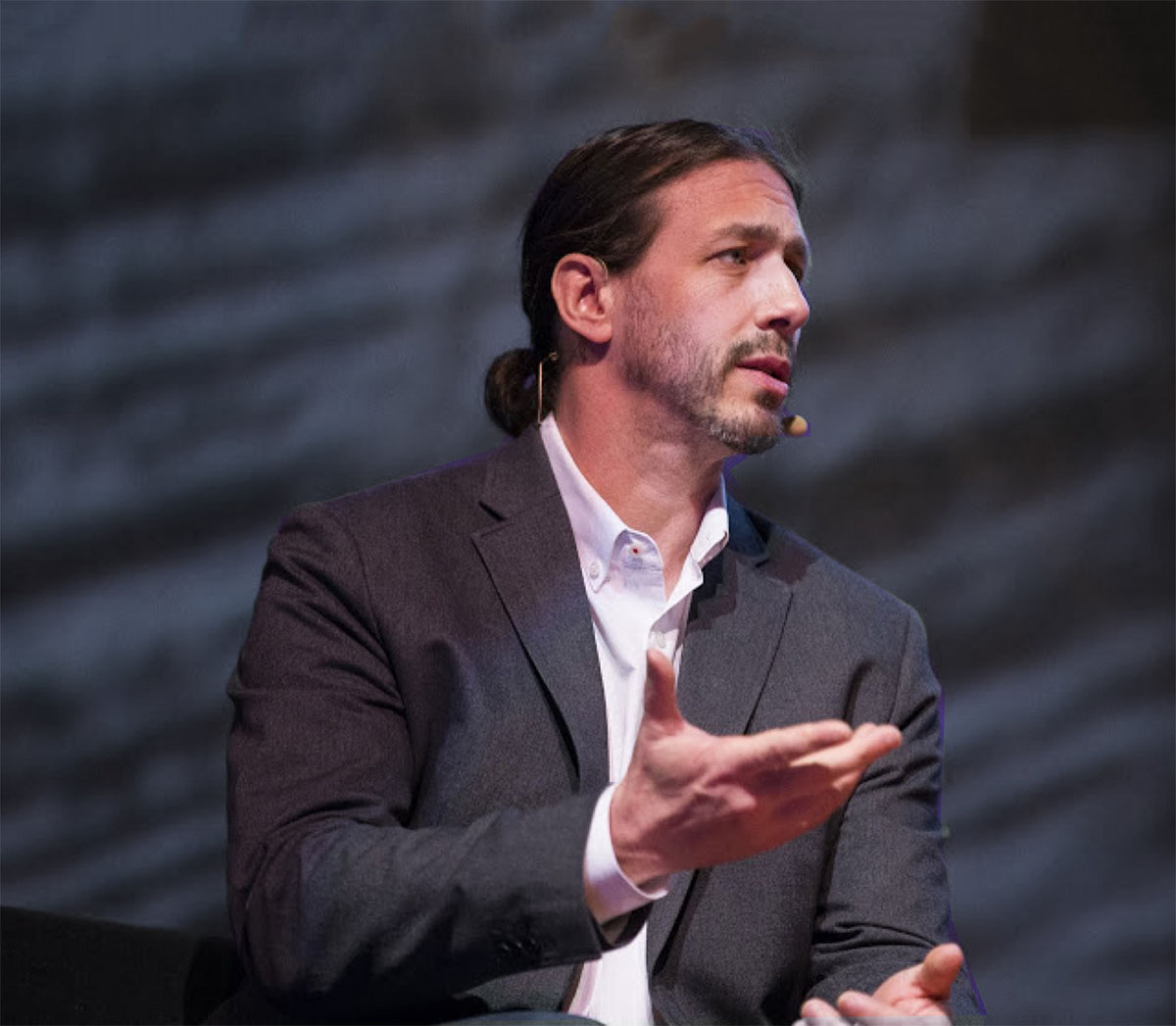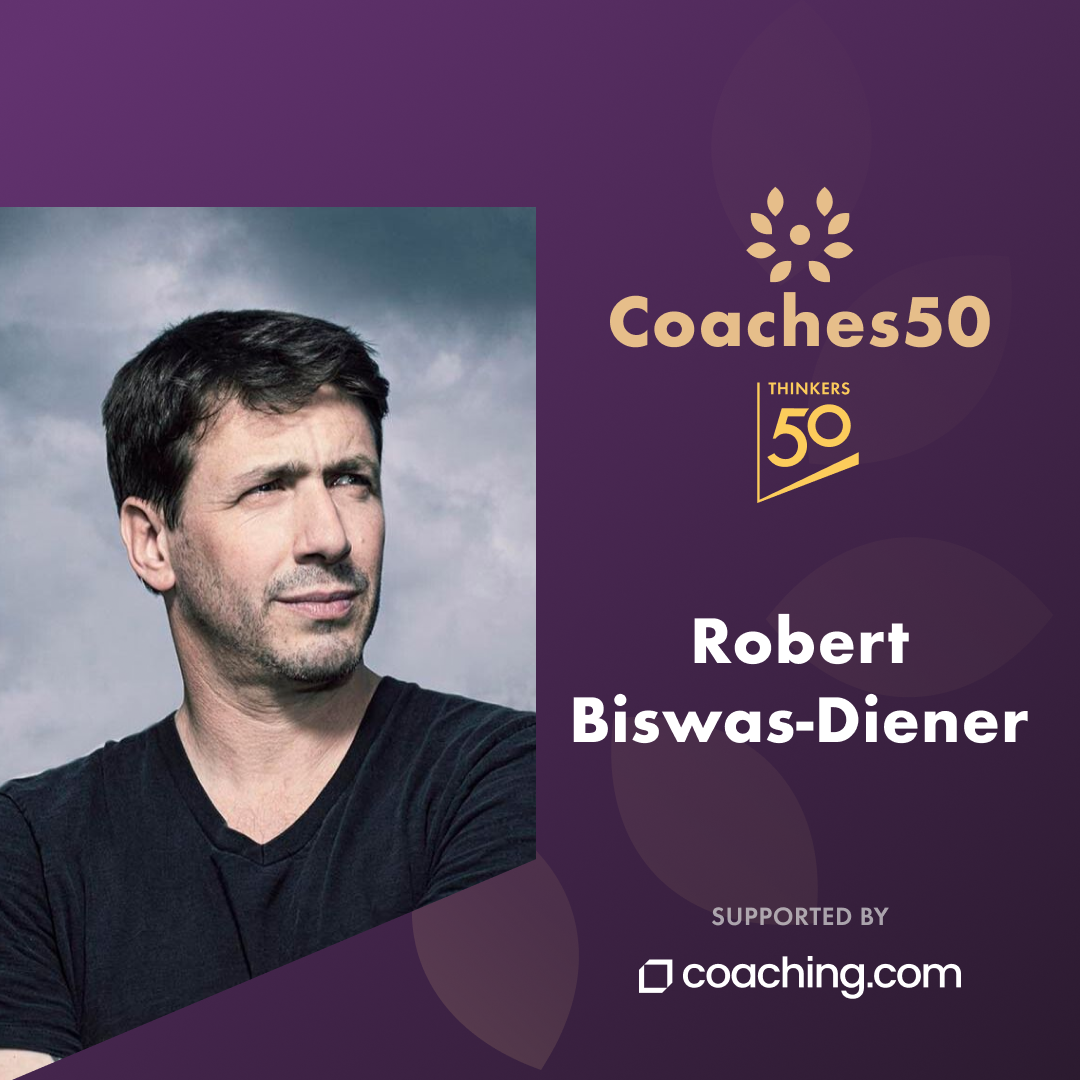Life’s most overlooked skill: Powerful Questions
By Dr. Robert Biswas-Diener

As a coach, I have learned that there is more power in asking than answering questions. The most commonly used name for this skill is “powerful questions” to differentiate it from run-of-the-mill questions such as, “when is your birthday?” “How do you get to 4th Avenue from here?” and “Are you kidding me?” Simple to learn but hard to master, powerful questions offer benefits in every area of life.
What is a powerful question?
A powerful question is any question that is open-ended and requires reflection. In short, they are difficult to answer because they are broad and important. “How do you like dinner?” is not an incredibly powerful question because it pulls for a simple opinion. By contrast, “what do you value most in a dinner?” is a powerful question because it forces a person to take stock of values. You’ll also note that there is no right or wrong way to answer this question. It might be ambiance for one diner, for another stimulating conversation, and it will be the quality of the food for still another.
An easy-to-learn architecture for powerful questions could be summed up in the simple formula: powerful questions = short + open-ended + challenging to answer. That’s it. Once you learn this, you will start noticing how certain questions make a person really sit up and think. For example, “who do you admire?” “what’s next for you?” “what are you proud of accomplishing?” and “what would you change if you could?” are good examples of powerful questions.
How do you ask a powerful question?
Over the many years that I have trained coaches, I have seen that powerful questions are easy to learn but hard to master. People often want to ask “the right question” or feel the pressure of coming up with a question that will offer “aha” moments. I typically recommend a few specific approaches to asking questions that can help you side-step these common traps.
First, you cannot know the answer to the question yourself. If you pay attention, you will find daily examples of people asking rhetorical or leading questions. They will say, “but you don’t really want to do that, do you?” That’s more of a commentary masquerading as a question. If you think you know the answer to a question, it probably isn’t powerful.
In addition, the question should sprout out of the seed of your curiosity. You might feel some social pressure to ask an “on-topic” question or one that is “safe.” Some of the best questions, however, strike like lightning. They appear to come out of nowhere and are as apt to take you by surprise as the person you are asking. For example, I once blurted out, “what did you do yesterday?” to someone and was surprised by how rich the question was. It revealed more than a ho-hum list of chores and activities. Instead, it pulled back the curtain on this person’s preferences, values, relationships, and strengths.
Finally—and perhaps most importantly—you have to shut up and listen after asking the question. Powerful questions differ from their more pedestrian counterparts in that they are tough to answer. People who hear them often go quiet, and I advise giving them the space they need to think. Those moments of silence might be uncomfortable but try to resist the temptation to rush in and fill the void with your own voice.
What are the benefits of a powerful question?
Powerful questions are life-changing. Not only because they can yield critical personal insights but because they offer a range of other benefits. When you adopt this approach to the conversation, you often shift from “small talk” to “big talk.” Powerful questions are aimed at topics that truly matter to people. As a result, they can fast forward intimacy between people are showing that you really care about what’s important. They can also make you a better conversationalist because it is a process that forces you to be a better listener. Finally, there is humility in asking powerful questions because you acknowledge the boundaries of your knowledge.
Whether you are a coach, a manager, a teacher, or a parent, powerful questions are game-changers. Begin taking stock of the architecture of the questions you typically ask and see what you can do to up the ante on their power. What is it you anticipate you will like best about this process?

About the author
Dr. Robert Biswas-Diener
Dr. Robert Biswas-Diener is passionate about leaving the research laboratory and working in the field. His studies have taken him to such far-flung places as Greenland, India, Kenya, and Israel. He is a leading authority on strengths, culture, courage, and happiness and is known for his pioneering work in the application of positive psychology to coaching.
Robert has authored more than 75 peer-reviewed academic articles and chapters, four of which are “citation classics” (cited more than 1,000 times each). Dr. Biswas-Diener has authored nine books, including the 2007 PROSE Award winner, Happiness, the New York Times Best Seller, The Upside of Your Dark Side, the 2023 coaching book Positive Provocation, and Radical Listening, in 2025.
Thinkers50 named Robert to be among the 50 most influential executive coaches in the world.
Robert Biswas-Diener

Get updates and exclusive resources



